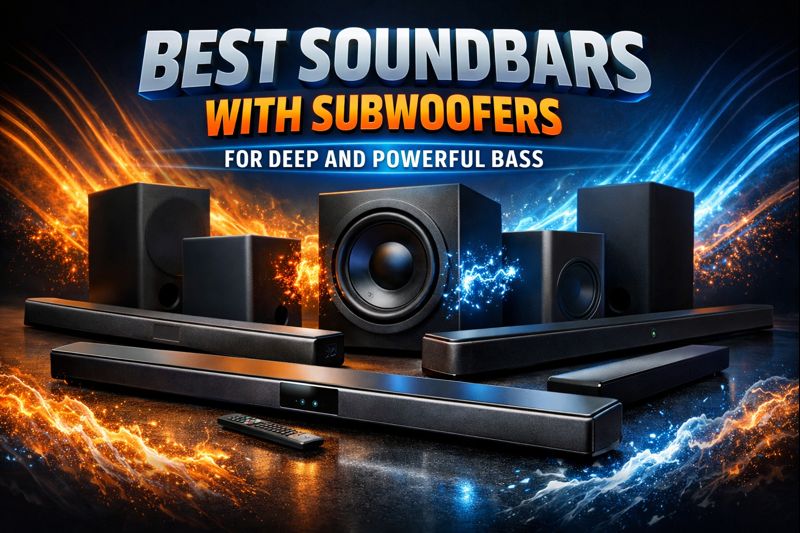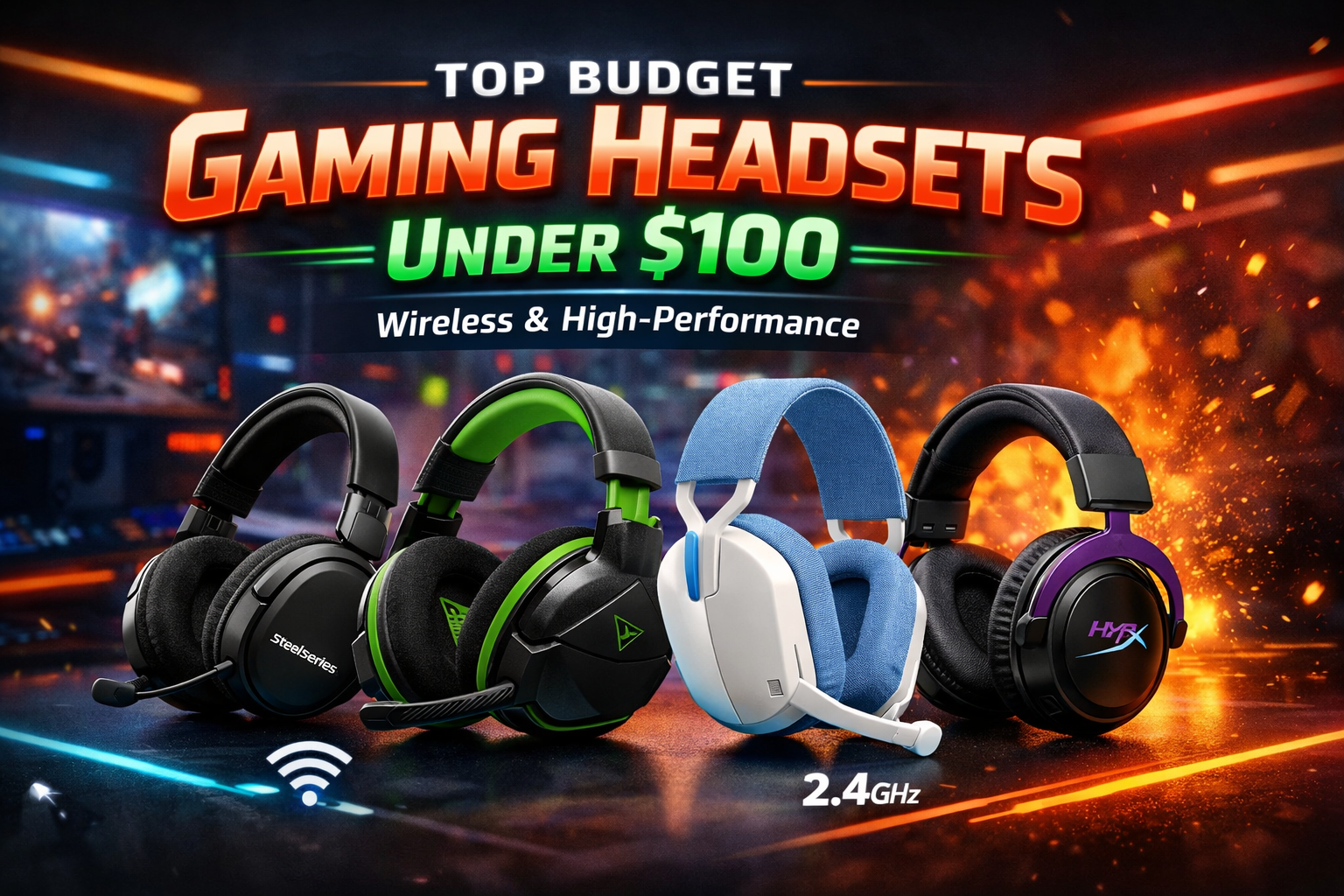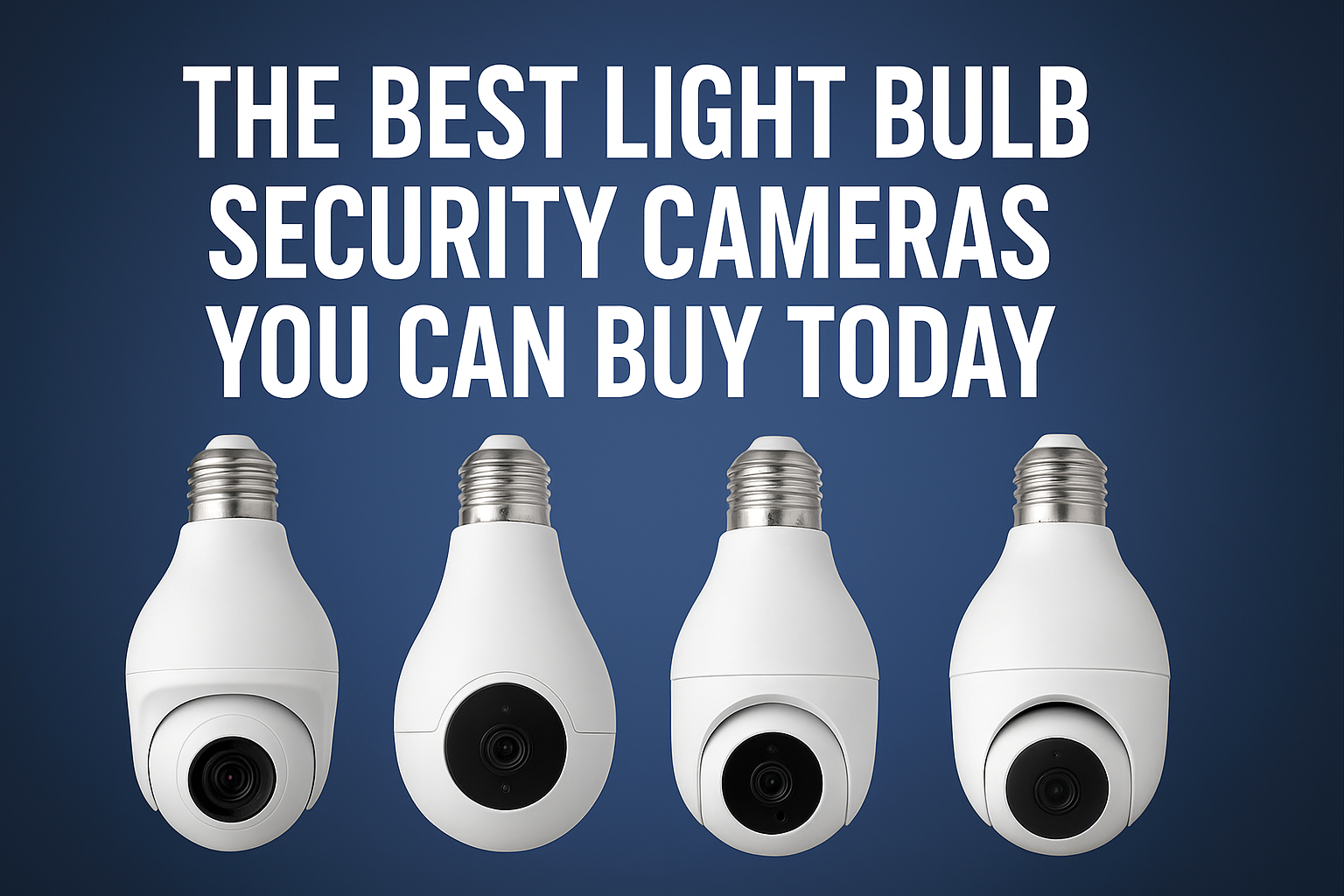Steps to Choosing the Right Over Ear Headphones

Complete Guide To Choosing the Right Over Ear Headphones
This guide will help you navigate the essential steps to ensure you make the best choice. First, determine your primary use to narrow down the options. Next, decide on the right type, such as over-ear, on-ear, in-ear, or true wireless earbuds. Checking sound quality is crucial, so pay attention to factors like frequency response and driver size. Comfort and fit are also important, especially for extended use, so look for well-padded ear cushions and adjustable headbands. Consider additional features such as noise cancellation, wireless connectivity, and built-in microphones. Setting a budget that aligns with your needs and expectations can help you focus on options within your price range. Reading reviews from other users and experts can provide valuable insights into the performance and durability of the Over Ear Headphones. Finally, weigh the pros and cons of your top choices to make an informed decision. By following these steps, you can find headphones that offer the perfect balance of sound quality, comfort, and features.
Determine Your Primary Use
The first step in choosing the right Over Ear Headphones is to determine their primary use. Are you looking for Over Ear Headphones for casual listening, professional audio work, gaming, or fitness activities? Each of these uses has specific requirements:
- Casual Listening: If you're looking for headphones for everyday use, prioritize sound quality and comfort. Over-ear headphones often provide a more immersive experience.
- Professional Audio Work: For recording or mixing music, consider studio headphones known for their flat frequency response and accuracy.
- Gaming: Gaming headphones should offer excellent sound quality, a good microphone, and comfort for long gaming sessions.
- Fitness: For working out, lightweight, sweat-resistant, and secure-fitting headphones are essential.
Understanding your primary use will help you narrow down your choices significantly.
Choose the Right Type
Over Ear Headphones come in various types, each with its advantages and disadvantages. The main types include over-ear, on-ear, in-ear, and true wireless earbuds.
- Over-Ear Headphones: These headphones encompass your entire ear, providing excellent sound quality and noise isolation. They're ideal for home use or in environments where portability isn't a priority.
- On-Ear Headphones: These rest on your ears rather than around them. They are more compact than over-ear headphones but might not offer the same level of comfort or sound isolation.
- In-Ear Headphones: Also known as earbuds, these are highly portable and fit directly into your ear canal. They are great for on-the-go use but may lack the sound quality of larger headphones.
- True Wireless Earbuds: These are a subset of in-ear headphones without any wires at all. They are incredibly convenient and increasingly popular for their portability and ease of use.
Choose the type that best fits your lifestyle and needs.
Check Sound Quality
Sound quality is subjective, but there are key factors to consider:
- Frequency Response: This indicates the range of sound the headphones can produce. A wider frequency range generally means better sound quality.
- Impedance: This affects how much power the headphones need to deliver high-quality sound. High-impedance headphones usually require more power and are better suited for professional audio equipment.
- Sensitivity: This measures how loud the headphones can get. Higher sensitivity means louder sound at the same power level.
- Driver Size: Larger drivers often produce better sound quality, especially in terms of bass.
Testing headphones before purchasing or checking detailed reviews can give you an idea of their sound performance.
Check Comfort and Fit
Comfort is crucial, especially if you plan to wear your headphones for extended periods. Here are some aspects to consider:
- Ear Pads and Cushions: Look for headphones with soft, comfortable ear pads that fit well around your ears.
- Headband: Ensure the headband is adjustable and well-padded.
- Weight: Lightweight headphones are generally more comfortable for long-term use.
- Fit: For in-ear headphones, consider different ear tip sizes to ensure a snug fit. Poorly fitting in-ear headphones can be uncomfortable and compromise sound quality.
Try the headphones on, if possible, to check for comfort.
Consider Additional Features
Modern headphones come with various features that can enhance your listening experience:
- Noise Cancellation: Active noise-canceling (ANC) headphones are great for blocking out background noise, making them ideal for travel or noisy environments.
- Wireless Connectivity: Bluetooth headphones offer the convenience of wireless use. Check for battery life and range.
- Built-in Microphone: Useful for taking calls or for gaming.
- Controls: Some headphones have on-ear controls for adjusting volume, changing tracks, and taking calls.
- Water Resistance: Important for fitness enthusiasts who need sweat-resistant headphones.
Consider which features are essential for your needs.
Set Your Budget
Over Ear Headphones come in a wide range of prices, from budget options to high-end models. Set a budget that matches your needs and expectations. While higher-priced headphones often offer better sound quality and features, there are many affordable options that provide great value.
Read Reviews
Before making a final decision, read reviews from other users and experts. Reviews can provide insights into the sound quality, comfort, durability, and overall performance of the headphones. Look for reviews that match your specific use case and pay attention to common pros and cons mentioned by multiple reviewers.
Weigh the Pros and Cons
Finally, weigh the pros and cons of your top choices. Consider factors such as:
- Sound Quality: Is the sound quality worth the price?
- Comfort: Will they be comfortable for long periods?
- Durability: Are they built to last?
- Features: Do they have the features you need?
- Price: Are they within your budget?
Making a list of the pros and cons can help you make a more informed decision.
Frequently Asked Questions (FAQs)
1. What are the main types of headphones available?
There are four main types of headphones: over-ear, on-ear, in-ear, and true wireless earbuds. Each type has its advantages and is suited for different uses.
2. How do I determine which type of headphones is best for me?
Consider your primary use for the headphones. For instance, over-ear headphones are great for home use with excellent sound quality and noise isolation, while in-ear headphones are more portable and ideal for on-the-go use.
3. What should I look for in terms of sound quality?
Look for factors like frequency response, impedance, sensitivity, and driver size. These specifications can give you an idea of the sound quality you can expect from the headphones.
4. Are noise-canceling headphones worth it?
If you frequently use headphones in noisy environments or while traveling, noise-canceling headphones can significantly enhance your listening experience by blocking out background noise.
5. How important is comfort when choosing headphones?
Comfort is very important, especially if you plan to wear your headphones for extended periods. Look for headphones with well-padded ear cushions, an adjustable headband, and a lightweight design.
6. What additional features should I consider?
Consider features such as wireless connectivity (Bluetooth), built-in microphones, on-ear controls, water resistance, and battery life for wireless models. These features can add convenience and functionality to your headphones.
7. How much should I expect to spend on a good pair of headphones?
Headphones come in a wide range of prices. Setting a budget that matches your needs and expectations is crucial. Higher-priced models often offer better sound quality and features, but there are many affordable options that provide great value.
8. Why is it important to read reviews before buying headphones?
Reviews from other users and experts can provide valuable insights into the sound quality, comfort, durability, and overall performance of the headphones. They can help you make a more informed decision.
9. What are the pros and cons of over-ear headphones?
Pros: Excellent sound quality, great noise isolation, comfortable for long periods. Cons: Bulky, less portable, can be warm over extended use.
10. What are the pros and cons of in-ear headphones?
Pros: Highly portable, good for on-the-go use, can offer good sound quality. Cons: May be uncomfortable for some users, less noise isolation compared to over-ear headphones.
11. How do I ensure a proper fit for in-ear headphones?
Most in-ear headphones come with multiple ear tip sizes. Try different sizes to find the most secure and comfortable fit. A proper fit is essential for comfort and sound quality.
12. Are wireless headphones as good as wired ones?
Wireless headphones have improved significantly and can offer excellent sound quality. However, they depend on battery life and may experience occasional connectivity issues. Wired headphones typically offer a more stable connection and consistent sound quality.
13. What should I consider when buying gaming headphones?
Look for gaming headphones with excellent sound quality, a good microphone, and comfort for long gaming sessions. Additional features like surround sound and customizable sound profiles can also enhance the gaming experience.
14. Can I use the same headphones for different activities like gaming and working out?
While some headphones are versatile, it's generally better to have different pairs suited to specific activities. For example, gaming headphones may be too bulky for workouts, and fitness headphones may lack the sound quality needed for gaming.
15. How can I extend the life of my headphones?
Proper care and maintenance can extend the life of your headphones. Store them in a protective case, avoid exposing them to extreme temperatures, and clean them regularly to prevent damage and buildup of dirt and sweat.
Conclusion
Choosing the right headphones involves a careful evaluation of your needs, preferences, and budget. By following these steps, you can find a pair that offers the perfect balance of sound quality, comfort, and features. Happy listening!














